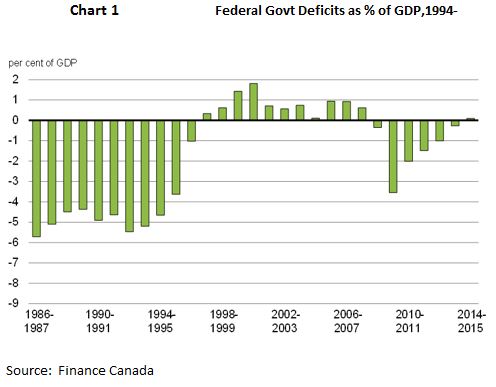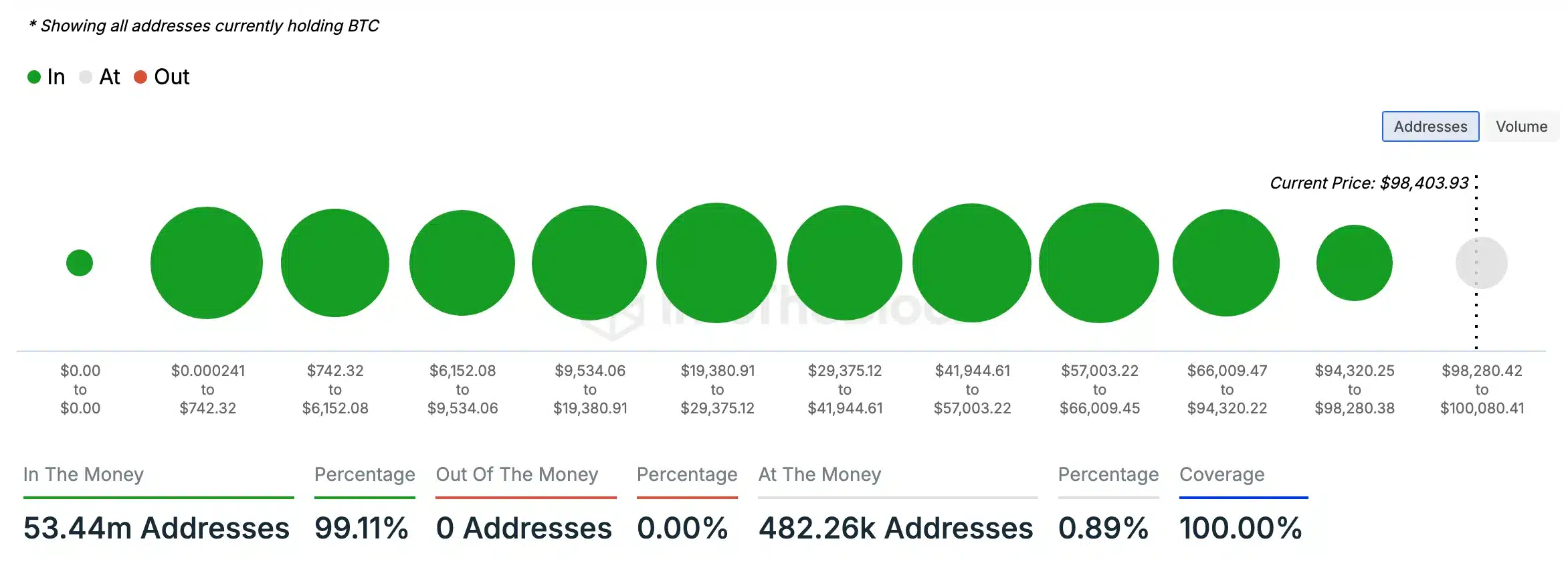Canada's Fiscal Future: A Need For Responsible Liberal Governance

Table of Contents
The Current State of Canada's Finances
Canada's fiscal health is a complex issue. While the economy has shown resilience in recent years, significant challenges persist. Understanding the current situation is crucial for charting a course towards a sustainable fiscal future.
- Current National Debt and Trajectory: Canada's national debt has risen significantly in recent years, fueled by increased government spending during the pandemic and sustained economic uncertainty. The trajectory of this debt requires careful monitoring and strategic management to prevent unsustainable levels.
- Major Spending Areas: A substantial portion of the federal budget is dedicated to healthcare, social programs (including pensions and social assistance), and infrastructure development. These are essential services, but their cost necessitates careful resource allocation and efficient delivery.
- Revenue Streams: The government primarily relies on taxation (personal and corporate income taxes, GST/HST) and resource revenue (from oil, gas, and other natural resources) to fund its operations. Diversifying revenue streams and optimizing tax collection efficiency are crucial for fiscal stability.
- Analysis of Current Fiscal Policies: Current fiscal policies vary across different levels of government (federal, provincial, municipal). An analysis of their effectiveness requires a comprehensive examination of their impact on economic growth, social welfare, and debt sustainability. Some policies might be overly expansionary, leading to increased debt, while others might be too restrictive, hindering economic growth.
- Key Challenges: Canada faces significant challenges, including an aging population, leading to increased healthcare costs and reduced workforce participation, and the urgent need for climate change mitigation and adaptation initiatives which will require significant investments.
The Role of Responsible Liberal Governance
Responsible liberal governance is paramount in navigating these challenges. It necessitates transparency in budgeting and spending, accountability to the electorate, and evidence-based policymaking. This framework emphasizes collaboration, consultation, and a commitment to inclusivity.
- Importance of Fiscal Responsibility: Maintaining economic stability is contingent upon fiscal responsibility. Prudent financial management prevents excessive debt accumulation and ensures the government's ability to meet its obligations.
- Balancing Competing Priorities: Responsible liberal governance requires a delicate balance between investing in essential social programs and reducing the national debt. Prioritization and strategic resource allocation are key to achieving both goals.
- Robust Parliamentary Oversight and Public Engagement: A strong parliamentary system with robust oversight mechanisms and meaningful public engagement is crucial for ensuring accountability and transparency in fiscal decision-making. This allows for open debate and informed public participation in shaping fiscal policy.
- Effective Regulatory Frameworks: Effective regulatory frameworks play a vital role in stimulating economic growth by promoting competition, protecting consumers, and ensuring environmental sustainability.
Investing in Long-Term Growth
Strategic investments in key areas are vital for long-term economic growth. These investments should be carefully selected based on their potential for high returns and societal benefits.
- Successful Infrastructure Projects: Investing in efficient transportation networks, modern communication infrastructure, and sustainable energy systems drives economic productivity and creates jobs.
- Education and Skilled Workforce: Investing in education and training programs is essential for developing a skilled workforce capable of competing in a globalized economy. This involves addressing skills gaps and promoting lifelong learning opportunities.
- Government Support for R&D: Government support for research and development in key sectors – such as technology, clean energy, and healthcare – fosters innovation, boosts productivity, and creates high-paying jobs.
Addressing Emerging Challenges
Canada's fiscal future is inextricably linked to addressing emerging challenges effectively. Responsible liberal governance provides the framework for tackling these issues proactively.
- Climate Change: Implementing sustainable fiscal policies that incentivize green technologies and promote environmental protection is critical for mitigating the economic and social costs of climate change. This might involve carbon pricing mechanisms or investments in renewable energy infrastructure.
- Aging Population: Addressing the rising costs of healthcare associated with an aging population requires strategic planning, including improvements to healthcare delivery systems and exploring innovative financing mechanisms.
- Regional Economic Disparities: Addressing regional economic disparities through targeted investments in infrastructure, education, and job creation programs is crucial for promoting inclusive economic growth.
- Technological Disruption: Adapting to technological disruption through workforce retraining and upskilling programs is vital for ensuring the continued competitiveness of the Canadian economy and preventing widespread unemployment.
Conclusion
Securing Canada's fiscal future hinges on a commitment to responsible liberal governance. This requires a balanced approach that prioritizes both fiscal prudence and social well-being. We must invest strategically in long-term growth while proactively addressing emerging challenges. Demand responsible fiscal planning from your elected officials, learn more about Canada's fiscal policy, and support initiatives that promote sustainable economic growth under responsible liberal governance. By embracing a responsible and forward-looking approach, Canada can build a more prosperous and equitable future for all its citizens. The long-term benefits of securing Canada's fiscal future through responsible liberal governance are immeasurable; they are the bedrock of a stable and thriving nation.

Featured Posts
-
 Hollywood Shutdown The Impact Of The Writers And Actors Strike
Apr 24, 2025
Hollywood Shutdown The Impact Of The Writers And Actors Strike
Apr 24, 2025 -
 John Travoltas Heartfelt Tribute A Moving Photo Marks Jett Travoltas 33rd Birthday
Apr 24, 2025
John Travoltas Heartfelt Tribute A Moving Photo Marks Jett Travoltas 33rd Birthday
Apr 24, 2025 -
 Faa Investigates Collision Risks At Las Vegas Airport
Apr 24, 2025
Faa Investigates Collision Risks At Las Vegas Airport
Apr 24, 2025 -
 Analyzing The Bitcoin Btc Climb Trade And Monetary Policy Implications
Apr 24, 2025
Analyzing The Bitcoin Btc Climb Trade And Monetary Policy Implications
Apr 24, 2025 -
 Ella Travolta Kci Johna Travolte Ocarava Ljepotom
Apr 24, 2025
Ella Travolta Kci Johna Travolte Ocarava Ljepotom
Apr 24, 2025
